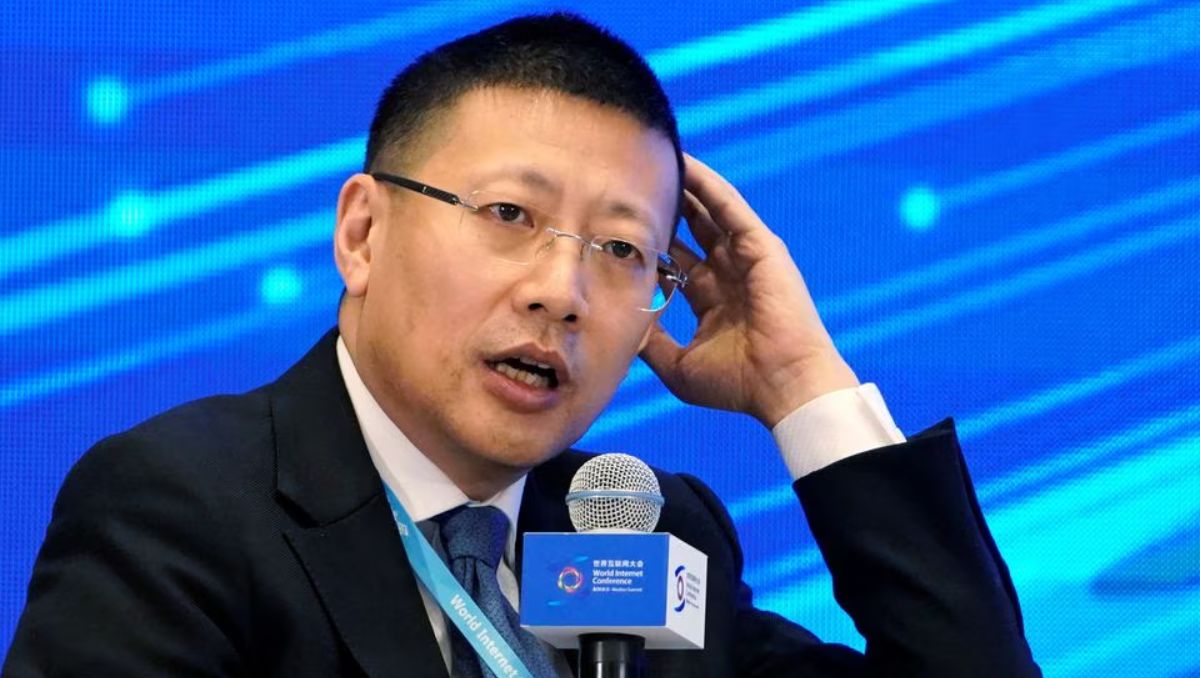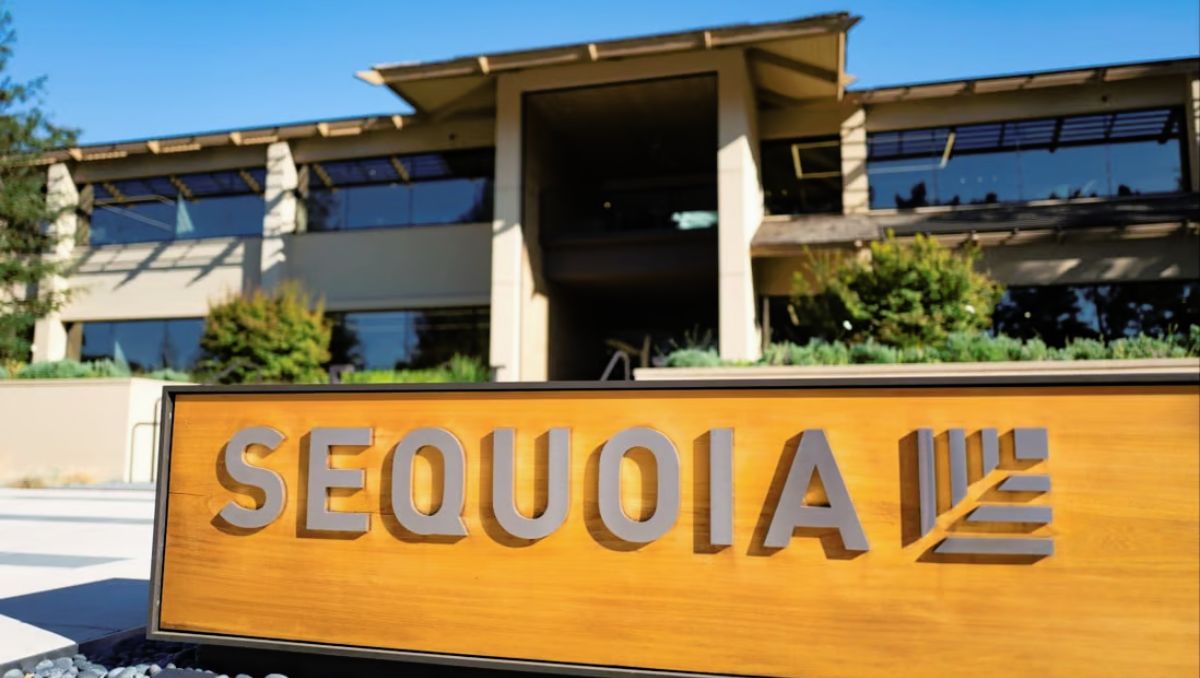Amid rising geopolitical tensions, Sequoia is to divide into three independent entities making India-Southeast Asia and China businesses distinct with separate brands by March 31, 2024.
Table of Contents
One of Silicon Valley’s most well-known venture capital firms, Sequoia Capital, is dissolving and splitting off its Chinese division into a separate company when tensions between China and the United States over trade and access to cutting-edge technologies are escalating.
The company revealed its plans to separate into three independent firms on Tuesday. The company’s operations in China and India will adopt new logos and name as Peak XV Partners in India-Southeast Asia, and HongShan in China. while those in the United States and Europe will continue to operate under Sequoia Capital. According to a statement by Sequoia’s managing partner Roelof Botha, its China head Neil Shen, and its India head Shailendra Singh, the company’s global reach is becoming “increasingly complex” to control.
More than $53 billion in assets are currently managed by Sequoia across the US and Europe, $56 billion in China, and $9 billion in India and Southeast Asia. A person acquainted with the performance of the fund claims that the company’s operations in the US and Europe have yielded returns of more than $30 billion over the past five years.

Sequoia’s business in China
Sequoia has played a significant part in the swift growth and financial success of China’s tech titans ever since it entered the market in 2005. Among its notable investments are ByteDance, Ant Group, and Shein. The company has made investments in more than a thousand Chinese businesses, many of them in emerging innovation fields like biotech and electric vehicles.
Mr. Shen, Sequoia’s China head, is a member of the board of ByteDance, a business that has come under scrutiny as TikTok executives face inquiries about whether the hugely popular app spied on Americans on behalf of Beijing and its alleged ties with Chinese government.
Global investment in China, in particular, has slowed down dramatically as the country deals with economic difficulties following the COVID-19 outbreak and stricter regulatory control that has stifled expansion in the technology and internet sectors. According to analytics firm PitchBook, deal volume decreased by half last year to approximately $69 billion, the lowest amount in six years.
But as the United States and China strive for economic supremacy, doing business in China has grown more challenging, especially in critical sectors like technology.
India and China
Although Sequoia’s operations in China and India are operated independently, the global organization receives a portion of its income. Following the separation, this will no longer be the case, and Sequoia Capital will no longer make future investments alongside the China and India funds. Sequoia Capital will continue to work with its hedge fund division, Global Equities, and its long-term capital vehicle, Heritage.

Geopolitical tensions between US and China
The unexpected announcement comes after a period when it has become more difficult for American venture capital funds to invest in China. Since Sequoia has been a major driver of China’s consumer internet sector for two decades, the Biden administration has been working on measures to limit the flow of American dollars into China.
It concerns senior Biden administration officials who fear that over-broad actions may have unexpected repercussions. The administration is also drafting the potential limits to ease tensions with the Chinese government following volatile relations.
The approach is viewed as a means of impeding China’s advancement of technology essential to national security, such as semiconductors, quantum computing, and artificial intelligence. President Biden sought cooperation from ally nations at the G-7 summit in late April to support his strategies to limit foreign investment in China.
The U.S. government also restricts American companies from selling specific technologies to China directly, and it keeps an eye on Chinese investments in the country for security issues.













